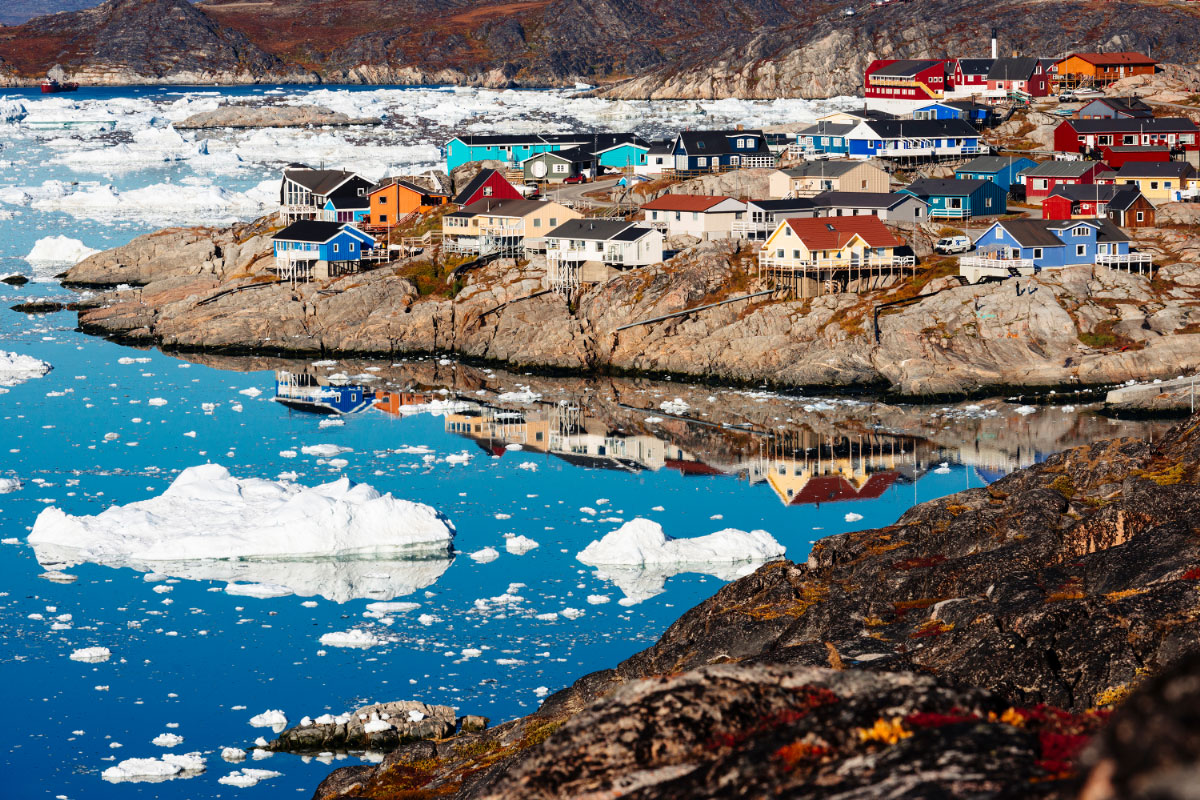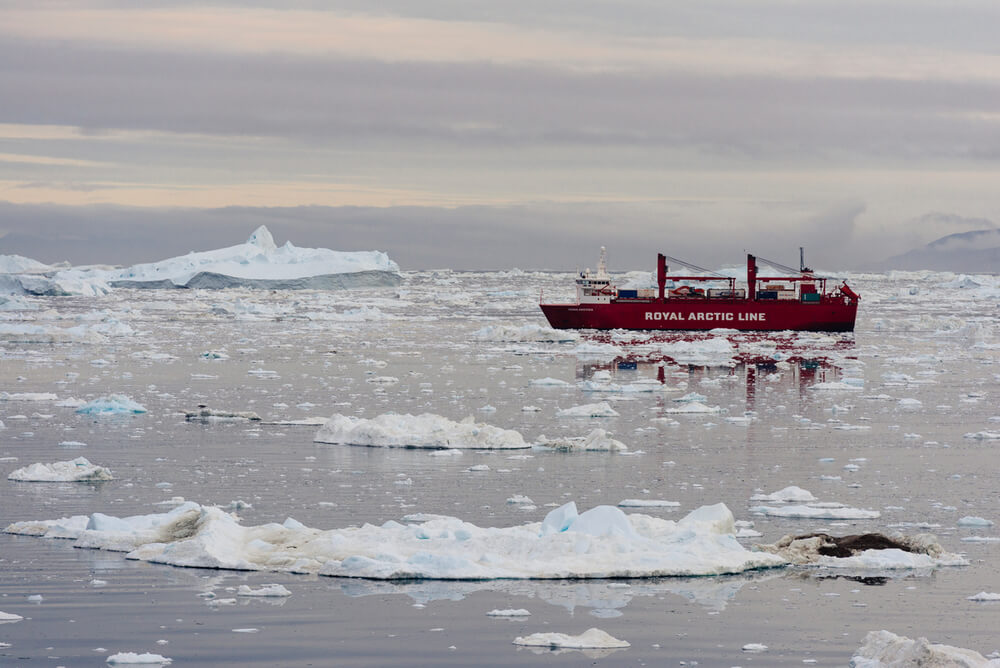© Elisabeth Kruger / WWF-US
Features
A new Arctic future
- Climate Change
- Pan-Arctic
The latest climate science report from the UN’s Intergovernmental Panel on Climate Change (IPCC) was released on 28 February. While last fall’s IPCC report summarized the latest research on the state of climate change across the physical world, this report outlines the impacts of the climate crisis: what it means for us and the nature we depend on. It also assesses how we can adapt to the coming changes and the options we have in building a resilient future.
In the Arctic, the impacts of the climate crisis are hardest felt but they also affect many parts of the world. Extreme Arctic temperatures and ice loss contribute directly to rising global sea levels and exacerbate severe weather events in the Northern Hemisphere, such as storms, floods, droughts, heatwaves, and cold snaps. Anticipated warming will thaw permafrost over large areas of the Arctic leading to the release of more greenhouse gases to the atmosphere, adding to global warming.
The report not only brings into view the impacts hitting the Arctic with full force, but also how they are changing the lives of those who live there. With the Arctic warming 2 to 3 times the global rate, climate impacts there offer a glimpse of what is coming to other parts of the world.

© Elisabeth Kruger/WWF-US
Coastal erosion is accelerating in many parts of the Arctic, which has some of the highest rates of erosion on the planet. The melting sea ice leaves shorelines bare to take the battering of rising tides and increasingly severe storms, ripping off as much as 5 meters of coastline annually in some areas of Alaska. Entire communities are facing these losses and damages, some are relocating already and more will be forced to leave their homes and livelihoods in the years to come. Such a response is not an adaptation, it is retreat in face of the unmanageable.
As the melting sea ice recedes, new economic prospects are opening for natural resources extraction and new shipping routes. However, the economic opportunities associated with these activities, do not necessarily benefit those living in the Arctic.
Increased shipping means increased potential for oil spills, increased underwater noise, and severed sea ice travel routes for Arctic wildlife and people. Alongside the runaway warming in the Arctic, expanding industry and increased shipping raises risks the availability of traditional foods such as reindeer and caribou, whales, and seals. And during many parts of the year, there are no alternative food sources. Food shortages together with other climate risks to livelihoods, cultures, and human health are already slamming many local and Indigenous communities.
The report stresses that many of the changes we see in the Arctic caused by the climate crisis are now irreversible. The round-trip option is no longer available, and the investments and planning needed to adapt to a new Arctic future are severely lacking.

© Elisabeth Kruger / WWF-US
Global leaders, including the leaders from Arctic countries, must commit to the critical enabler of adaptation and climate resilient development: keeping global temperature rise to a maximum of 1.5 degrees C by halving emissions from fossil fuels during this critical decade.
But the fundamental changes ahead do not mean people and institutions in the Arctic should throw up their hands in despair. Hope lies in the report’s findings that nature is our ally and people cooperating in new, forward-looking and just ways can alleviate many impacts. Nature plays a critical role in this struggle, helping us adapting to the changes and embarking on climate resilient development.
Let’s build on these findings and work together to help nature adapt – as an investment into our common Arctic future and to reduce the disastrous climate impacts in the Arctic and the rest of the planet. Let’s start by establishing a network of marine conservation areas in the Arctic that supports the resilience of unique Arctic ecosystems, cultures, and livelihoods, and reduces the multiple pressures caused by expanding industries.
Governments need to work together with communities using science-based, local and Indigenous knowledge. The unique Arctic ecosystems must be conserved, protected, and sustainably managed, to support the resilience of Arctic nature and people, and to alleviate the climate change impacts that are shattering Arctic communities.
Quick action is needed before the irreversible changes become too many.
By WWF Global Arctic Programme
